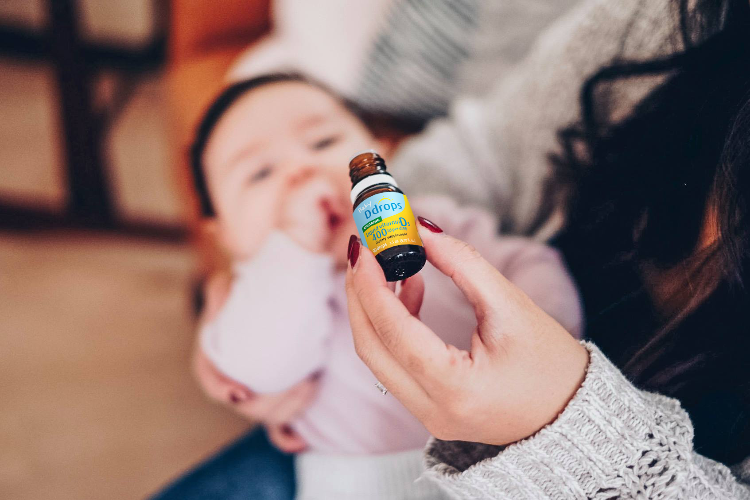January 5, 2018
If you have been diagnosed with celiac disease, chances are good that you are spending a lot of time trying to remove gluten from your diet. Most people are keenly aware that if they don’t strictly follow a gluten-free diet they are likely to experience symptom attacks ranging from stomach pain and diarrhea to irritability and depression.
What you may not realize is that when celiac disease is left untreated or is poorly treated, you are at risk of becoming malnourished. This is because celiac disease causes the lining of your small intestines to become irritated and damaged. The small intestine is responsible for absorbing the nutrients that you consume every time you eat. When the lining is damaged, it cannot properly absorb the nutrients that you are putting into your body.[1]
This damage can result in a lot of different problems. These include weight loss, anemia (from lack of iron), and poor growth in children. But it can also have an impact on your bones by reducing the amount of calcium your body is able to absorb. Since calcium is needed to build and maintain strong bones, this can prevent children from optimally strengthening their bones and put adults at risk of losing the bone mass they already have.[2]
So, what can you do to improve the health of your bones and prevent yourself from getting osteoporosis?
Strictly following a gluten-free diet is the best thing you can do to help your body absorb all the nutrients it needs. To keep your bones strong, you should follow health authority recommendations of at least 1,000 mg of calcium per day if you are under the age of 50 and 1,200 mg if you are a woman over the age of 50. [3]
Men over the age of 70 are advised to take 1,200 mg of calcium per day. Adequate vitamin D is also important for bone health and the established starting dose is considered to be between 600 and 800 IU (International Units) of vitamin D per day.[3]
While some of this can come from your diet, you may consider taking a supplement if you don’t eat or drink a lot of dairy products, live in a northern climate with little sunlight, or use sunscreen when you are outdoors. Are Ddrops products a good option for you?
As with all of us, get plenty of weight-bearing exercises, avoid smoking, and avoid drinking excessive amounts of alcohol. Speaking with your doctor about having a bone density test to see if you already have osteopenia or osteoporosis may also be a good idea. If you have weakened or brittle bones you are at high risk of breaking one of your bones. It is very important that you are proactive about your bone health!






Leave a comment
This site is protected by hCaptcha and the hCaptcha Privacy Policy and Terms of Service apply.